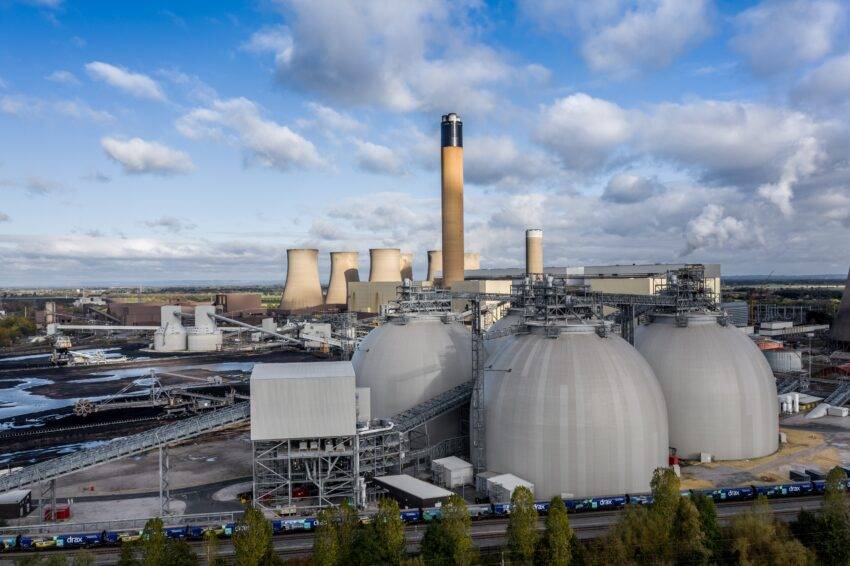Rishi Sunak and Sir Keir Starmer are jeopardising the offshore oil industry and undermining Britain’s energy security, according to a leading oil and gas company.
David Latin, chairman of Serica Energy, has voiced strong criticism, asserting that windfall taxes and political opposition have rendered the UK the most hostile environment he has ever operated in, outside of war zones.
Mr. Latin, who has over 30 years of industry experience globally, stated, “Other than when I was responsible for a company with significant assets in a war zone, I have never encountered a political situation so challenging for investment decisions and future planning as it is in the UK at present.”
In his speech ahead of Serica’s annual meeting, Mr. Latin announced plans to shift investments out of UK waters due to the burdensome and ever-changing tax and regulatory landscape. He highlighted the Conservative government’s introduction and subsequent increase of a windfall tax since spring 2022, which he claims has led to a state of constant uncertainty, severely damaging investor confidence.
Compounding these issues, the Labour Party has pledged to further raise the tax and eliminate investment allowances specific to the industry, a move that Mr. Latin warns would set a dangerous precedent by isolating a single sector from common business tax reliefs. Oil and gas producers currently face an overall tax rate of 75%, significantly higher than the rate for other UK industries.
“This is despite the period of so-called ‘windfall’ conditions for UK producers having long passed, with oil and gas prices returning to historically normal levels,” Mr. Latin remarked. He criticised the Conservative Party for not proposing tax reductions and Labour for suggesting a hike to 78%.
Mr. Latin emphasised the critical role of hydrocarbons in modern civilisation and the ongoing dependency on them, stating, “Surely it is better to produce these responsibly under world-leading regulatory oversight in this country, with all the attendant benefits in jobs and tax revenues, than to import hydrocarbons which often arrive with a higher environmental and social cost than domestic production.”
He warned that current political policies would lead to a reduction in oil and gas production, resulting in job losses, increased imports, higher overall emissions, reduced tax receipts, and weakened national security. “Oil and gas continue to flow only when the main supply of investment stays open. Without it, the flow dries up. Even existing oil and gas fields decline and need continuous investment to maintain production,” he said.
Additionally, Mr. Latin highlighted the Supreme Court’s recent decision requiring planning authorities to consider downstream emissions when approving oil and gas fields, predicting this would further drive the industry out of UK waters. He concluded, “The choice is not between UK oil and gas or no oil and gas; the choice is UK oil and gas or foreign oil and gas. As stated in the Supreme Court decision, emissions respect no borders.”
Serica Energy’s strong stance underscores the urgent need for a balanced approach to energy policy, ensuring both economic stability and energy security for the UK.


